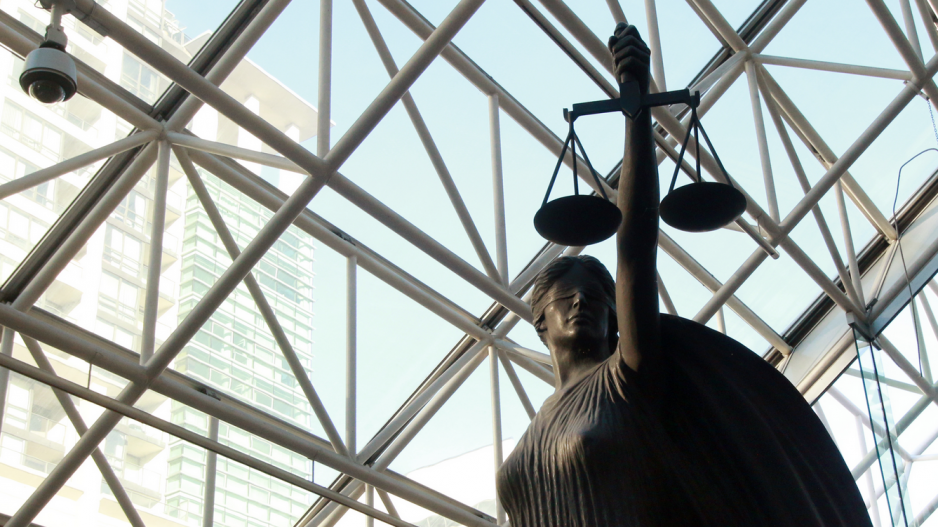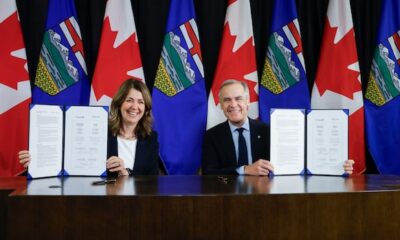World
British Columbians Reject Blame for Cowichan Court Ruling

A recent survey by Research Co. indicates that most residents of British Columbia are not attributing the contentious Cowichan court ruling to the United Nations Declaration on the Rights of Indigenous Peoples (UNDRIP). This finding follows heightened concerns among homeowners in the Cowichan Valley, where the court’s decision has sparked debate over land rights and reconciliation efforts.
The survey, conducted in early October 2023, reveals that approximately 67% of British Columbians oppose blaming UNDRIP for the ruling. The poll reflects a growing awareness of the complexities surrounding Indigenous rights and provincial governance. According to Mario Canseco, president of Research Co., the results suggest a clear distinction among the public regarding the interpretation of legal decisions and their implications for reconciliation.
Understanding the Context of the Ruling
The Cowichan court ruling, which favors Indigenous land claims, has created unease among local homeowners who fear potential impacts on property rights. Many residents in the area expressed their concerns during community meetings, where discussions often centered on the implications of Indigenous sovereignty on non-Indigenous land ownership.
Despite these anxieties, the survey shows a clear trend among residents supporting reconciliation efforts. Canseco noted that the public sentiment indicates a willingness to embrace Indigenous rights without attributing blame to frameworks like UNDRIP. The survey found that 61% of respondents believe that reconciliation should proceed independently of specific legal interpretations.
The poll underscores the importance of educating the public about the significance of UNDRIP as a tool for promoting Indigenous rights and fostering dialogue between communities. Canseco emphasized that misunderstanding UNDRIP can hinder the reconciliation process, which many British Columbians support.
Community Reactions and Future Implications
The reactions from homeowners in Cowichan Valley reflect a mixture of apprehension and hope. While some residents remain concerned about the ruling’s implications for their properties, others recognize the necessity of addressing historical injustices faced by Indigenous communities. This duality presents both challenges and opportunities for local leaders seeking to navigate the complexities of reconciliation.
As discussions surrounding land rights continue, local governments and Indigenous leaders must work collaboratively to foster understanding and mitigate fears. Canseco highlighted the potential for constructive dialogue to bridge gaps between different community perspectives, stressing that effective communication is essential for moving forward.
The Research Co. survey serves as a snapshot of public opinion in British Columbia, revealing that while there is unease over specific rulings, there is also a strong desire for reconciliation and understanding. As the province grapples with these issues, the survey results may provide valuable insights for policymakers and community leaders aiming to create a more inclusive and equitable future for all residents.
-

 Politics3 weeks ago
Politics3 weeks agoSecwepemc First Nation Seeks Aboriginal Title Over Kamloops Area
-

 World4 months ago
World4 months agoScientists Unearth Ancient Antarctic Ice to Unlock Climate Secrets
-

 Entertainment5 months ago
Entertainment5 months agoTrump and McCormick to Announce $70 Billion Energy Investments
-

 Lifestyle4 months ago
Lifestyle4 months agoTransLink Launches Food Truck Program to Boost Revenue in Vancouver
-

 Science5 months ago
Science5 months agoFour Astronauts Return to Earth After International Space Station Mission
-

 Technology3 months ago
Technology3 months agoApple Notes Enhances Functionality with Markdown Support in macOS 26
-

 Top Stories2 months ago
Top Stories2 months agoUrgent Update: Fatal Crash on Highway 99 Claims Life of Pitt Meadows Man
-

 Lifestyle3 months ago
Lifestyle3 months agoManitoba’s Burger Champion Shines Again Amid Dining Innovations
-

 Politics4 months ago
Politics4 months agoUkrainian Tennis Star Elina Svitolina Faces Death Threats Online
-

 Sports5 months ago
Sports5 months agoSearch Underway for Missing Hunter Amid Hokkaido Bear Emergency
-

 Politics4 months ago
Politics4 months agoCarney Engages First Nations Leaders at Development Law Summit
-

 Technology5 months ago
Technology5 months agoFrosthaven Launches Early Access on July 31, 2025





















